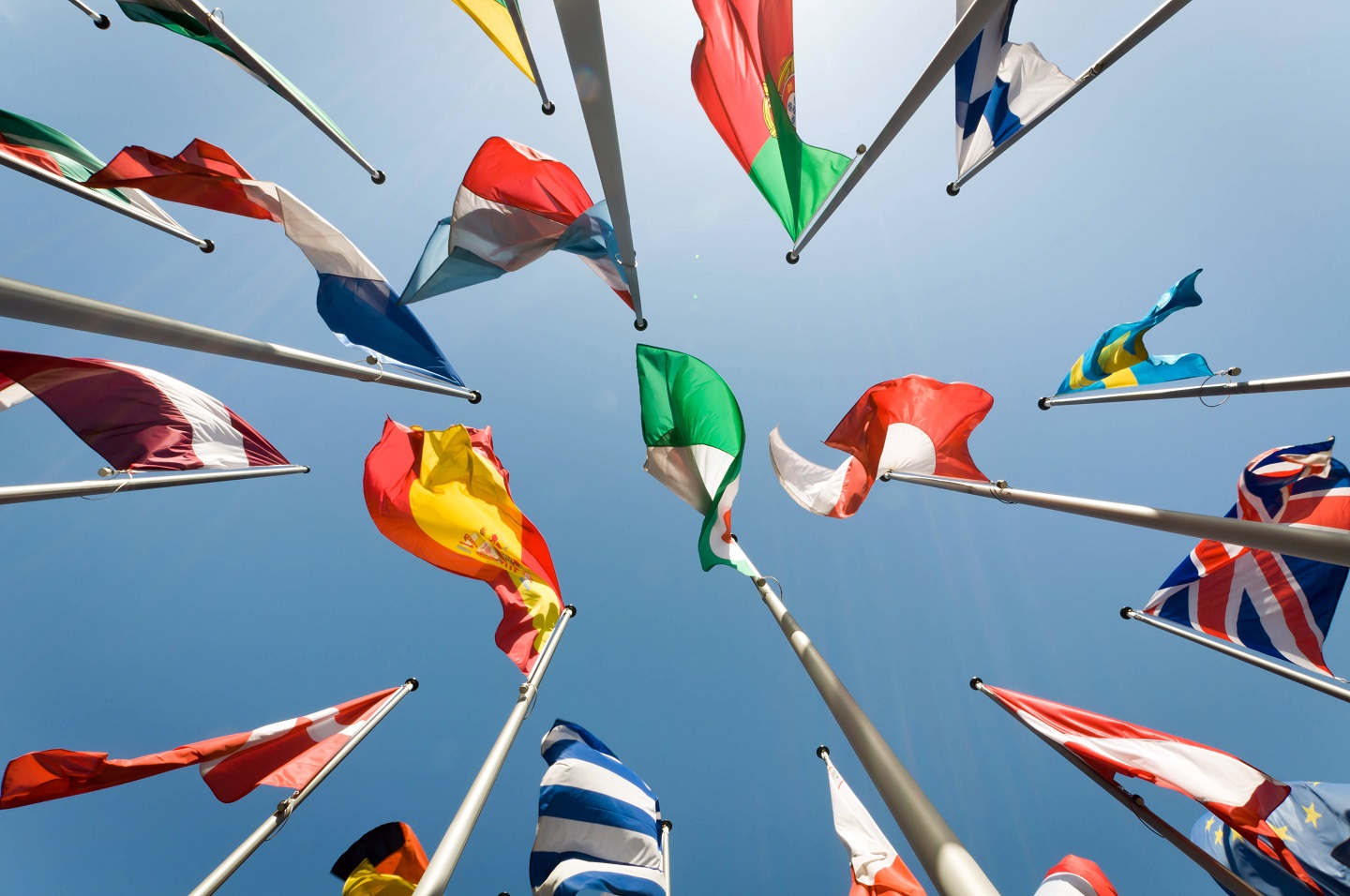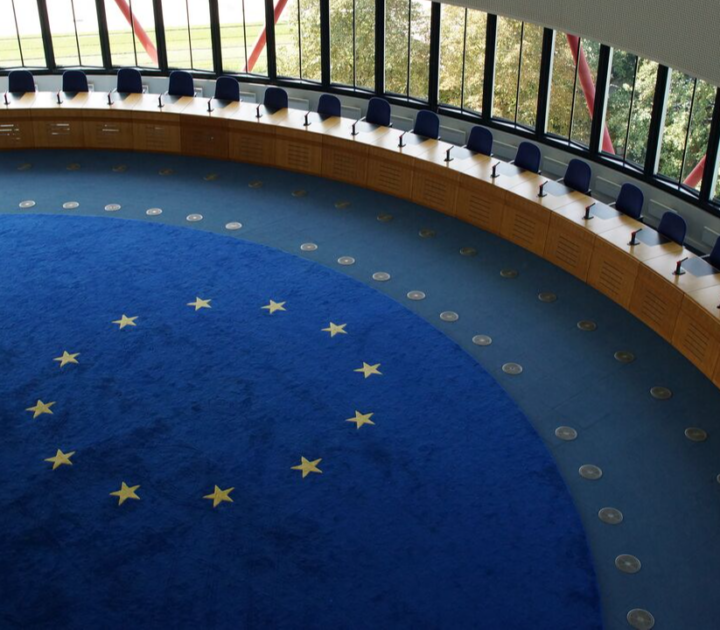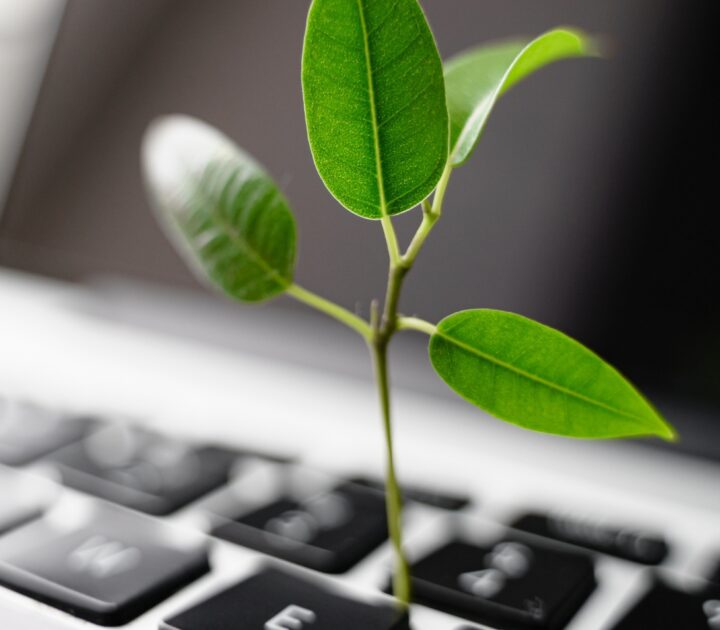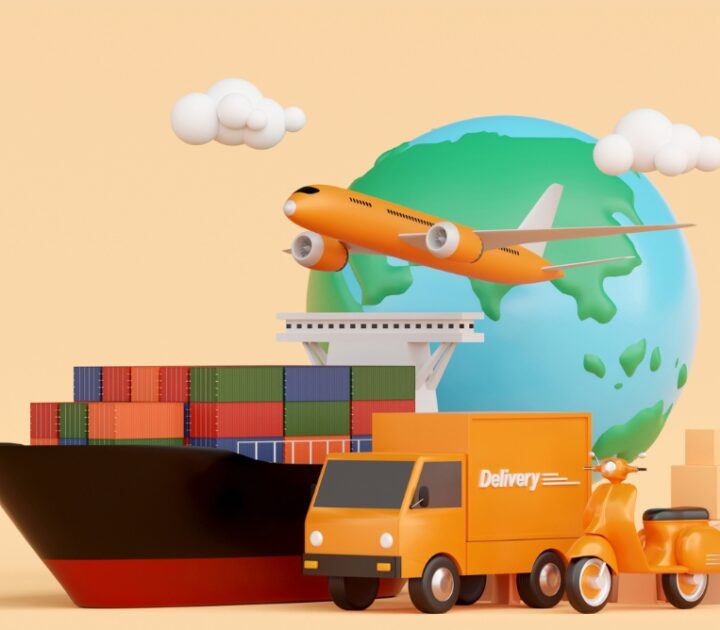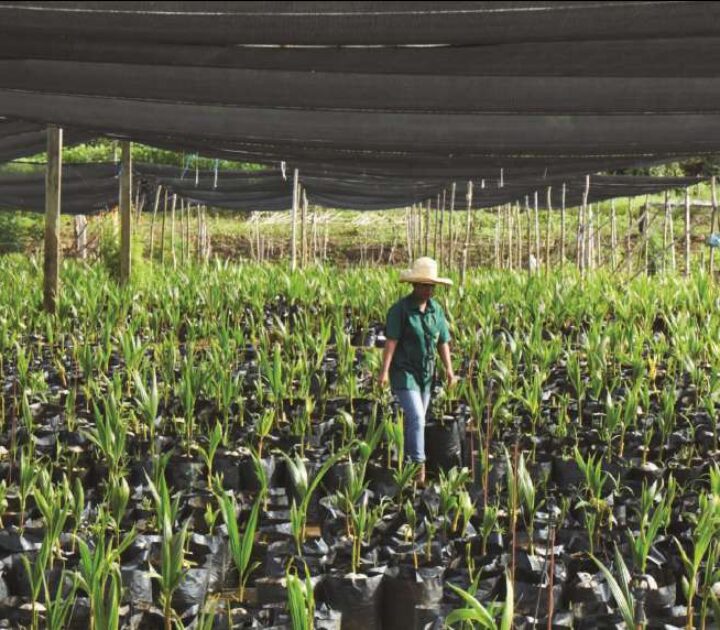Capitalism, in its current form, is increasingly driving a wedge between the haves and the have-nots, leaving groups of people and whole countries behind and placing huge strain on our planet’s resources.
This much we already know.
In response, a call for a more inclusive kind of capitalism has been issued; one that aligns itself with the Sustainable Development Goals (SDGs), but also one that posits that the objective of a corporation should not just be the maximization of shareholder value.
Businesses can spearhead a reboot of the current failing system, creating more sustainable business models and contributing to a more sustainable world. Some are already taking action: many forward-thinking industry leaders are developing partnerships that serve both their bottom line and the SDGs, while numerous companies across multiple industries have adopted the SDGs as best practice.
A sustainable alternative
A move towards stakeholder capitalism will make our current economic system more sustainable and acceptable to the general public. What do I mean by stakeholder capitalism? Companies that not only put shareholders at the top of their list of objectives, but also employees, communities, the environment and society as a whole.
This shift is already underway. For example, BlackRock CEO Larry Fink used his annual letter to CEOs to inform them that climate change and sustainability would become the centre of the firm’s investment strategy. Fink also said that BlackRock would exit any investments with a ‘high-sustainability risk’, such as thermal coal producers.
Other companies are following suit. At the World Economic Forum’s Annual Meeting in Davos, where the central theme of the meeting is sustainability, global leaders and CEOs from companies such as Refinitiv, Salesforce and Microsoft have all stressed the need for sustainable business models and Environmental, Social and Corporate Governance (ESG) investing.
Despite examples like this, I believe that this transformation to stakeholder capitalism is more likely to happen if governments also get involved.
At the minimum, inclusive capitalism should be the result of partnerships between the public and private sector, whereby companies are supported by policy, regulations and incentives that enable their social initiatives.
This is no different to how a competitive economy works. At IMD, we pioneered the study of competitiveness 30 years ago. Today, the definition of ‘competitiveness’ has begun to shift, and has been relabelled by some as ‘Inclusive Capitalism’ or ‘Inclusive Prosperity’. For us, this is not new.
The future of capitalism requires governments to realize that the true objective of economic policy is competitiveness – the ability of economies to generate prosperity for people via a productive economy.
Progress towards achieving SDG17, which seeks to strengthen global partnerships between the public and private sectors to support the ambitious targets of the 2030 Agenda, is one way we can make this ambition a reality.
Let me share some examples of how this can work.
Nestlé, in collaboration with the Swiss Agency for Development and Cooperation, is engaging with Vietnamese coffee farmers to create better irrigation and water management (SDG6). In Switzerland, Nestlé has integrated the ECO-Broye program, a combination of environmental conservation and commitment to work closely with local farmers and stakeholders (SDG15).
General Electric, along with J.P. Morgan and the British government, are working together to repair Iraq’s power grid. The public-private partnership should get electricity to millions of homes and businesses in Iraq (SDG11).
Timberland, meanwhile, has partnered with start-up Thread to launch a line of boots, shirts, and backpacks made entirely from plastic waste. This partnership has generated more than US$ 16,000 in local revenue while eliminating pesticides and reducing water usage (SDG15).
Some other companies have launched initiatives that span multiple SDGs, highlighting how innovative thinking and working towards one goal really means working towards many.
Syngenta is a Swiss chemical and fertilizer company that now offers crop solutions that make better use of resources. They aim to help feed the world, sustainably, with a mandate that is rooted in environmental and societal sustainability.
Syngenta is actively working towards a group of SDGs, setting targets rooted in their Good Growth Plan, which seeks to find answer to how we can solve problems like overpopulation, poverty and eroding farmland.
To find solutions, Syngenta is working with governments, NGOs, and the farmers themselves, because the company recognises that it does not matter how profitable a company is if workers or the general population are not able to feed themselves.
Siemens, meanwhile, has created youth education programs to combat skills-shortages in engineering. It’s range of learning programs and interactive games have been made available online for free. This has increased interest in both education and careers in STEM fields, simultaneously boosting SDG4 – Quality Education for All – while also increasing their potential talent pool.
Elsewhere, Siemens’ Safe Water Enterprises is providing safe drinking water (SDG6) to communities and creating more than 100 jobs in East Africa, while its employees in Brazil are teaching 3,500 children about biodiversity (SDG15).
Siemens is also contributing to SDG17 by collaborating with LO3. The companies work together to facilitate peer-to-peer transactions on blockchain to allow sharing of PV solar energy credits, which are reinvested in renewable energy.
Siemens aims to be carbon neutral by 2030 and has so far reduced CO2 emissions by 25 per cent, while 100 per cent Green Energy powers 60 per cent of its sites in Germany. The company is forecast to save more than €20 million every from 2020 onwards through its energy-efficient projects. This is good for the planet and shareholders.
Telefónica, a Spanish telecommunications company, wants to make the environment better for the people it is connecting. Telefónica’s digital solutions, which optimize traffic planning and public transit, have reduced CO2 emissions by more than 230,000 tons, thus contributing towards SDG11.
Telefónica also reuses or recycles more than 96 per cent of its electronic waste (SDG12), and has continued collaborations with the Inter-American Development Bank to protect the distribution of environmentally sound technologies to rural communities in Latin America (SDG17).
In partnership with UNICEF, Telefónica has implemented multiple big data projects to mitigate health emergencies. For example, in Mexico, Telefónica has partnered with the government to tackle the spread of H1N1 influenza.
Telefónica has well and truly embraced green energy, running on 79 per cent renewables in Spain, 95 per cent in the UK, and 100 per cent in Germany. This has saved them €22million in just one year, proving that saving the planet is also good for business.
The future of capitalism cannot be the responsibility of the corporate sector alone. We need action from governments too. Powerful partnerships between the two can help us create a fairer, more sustainable world.
